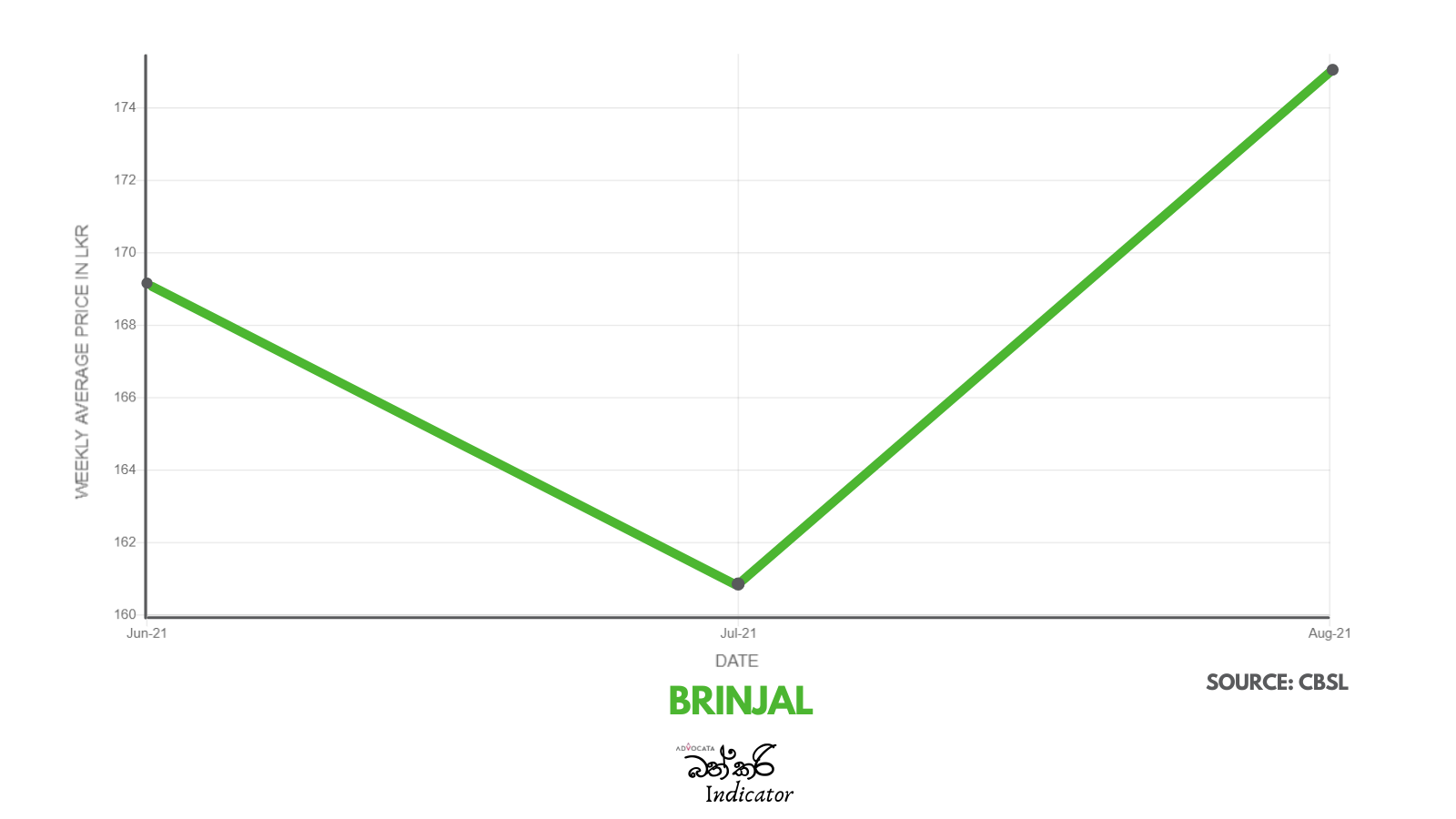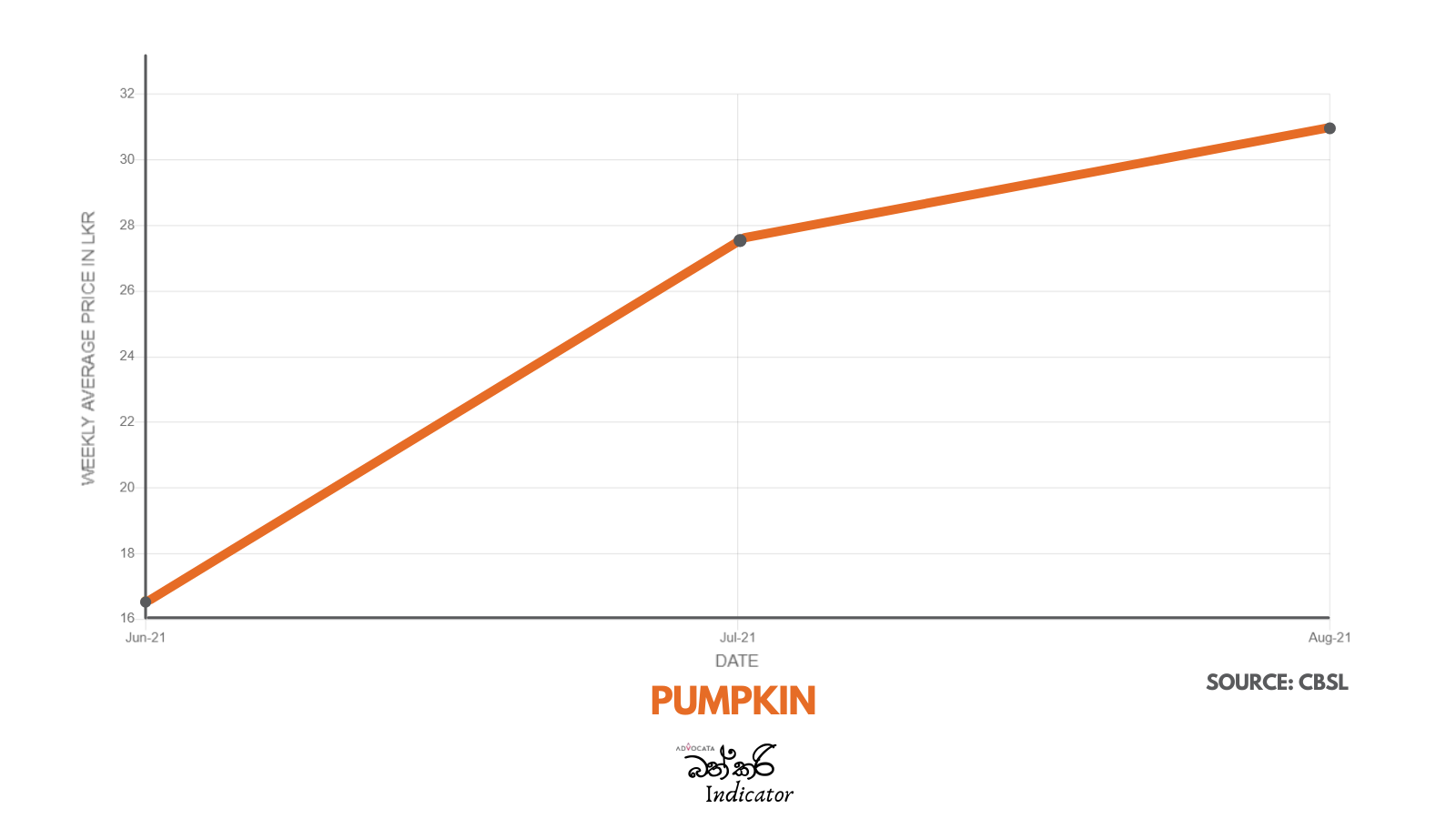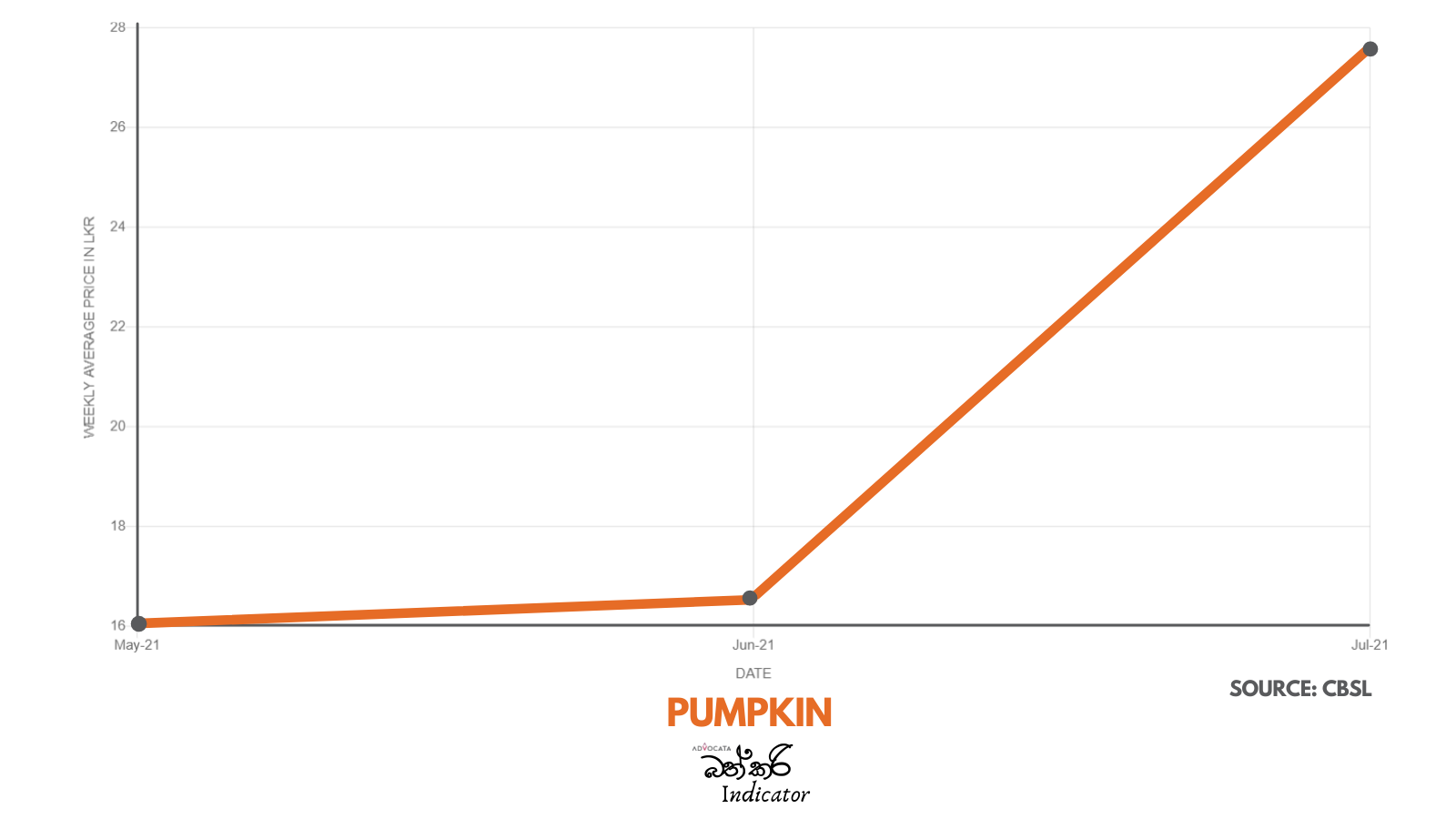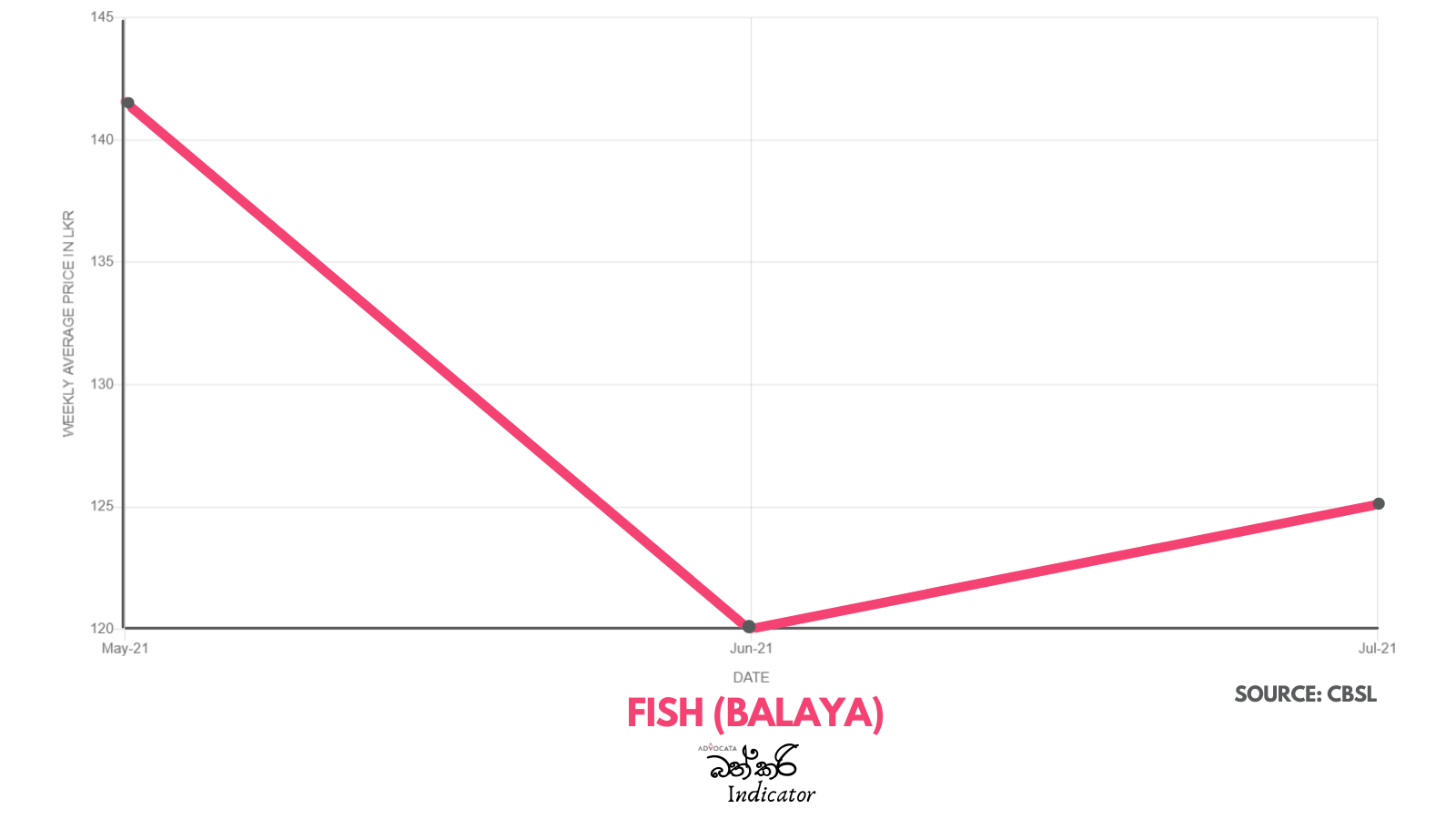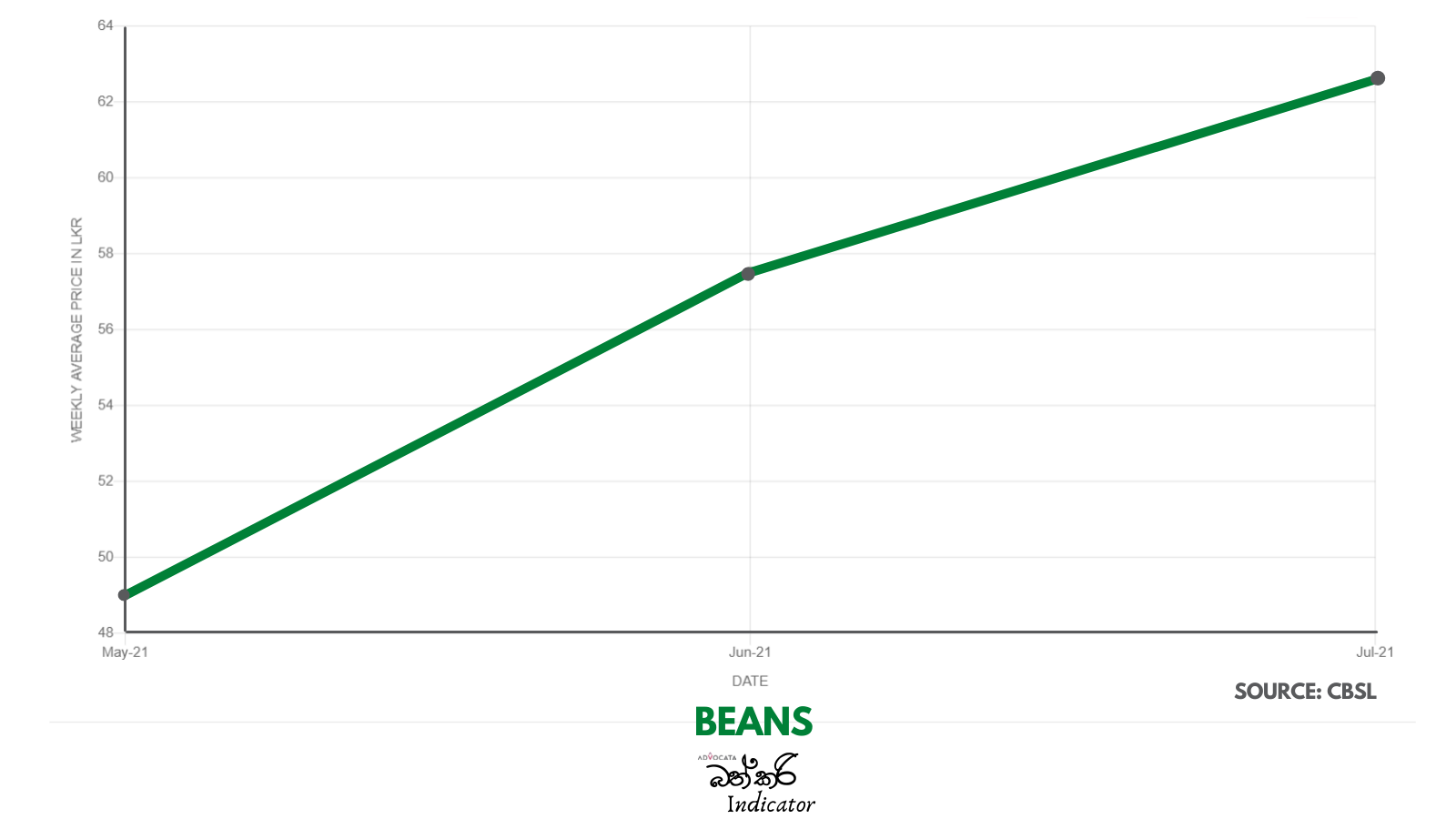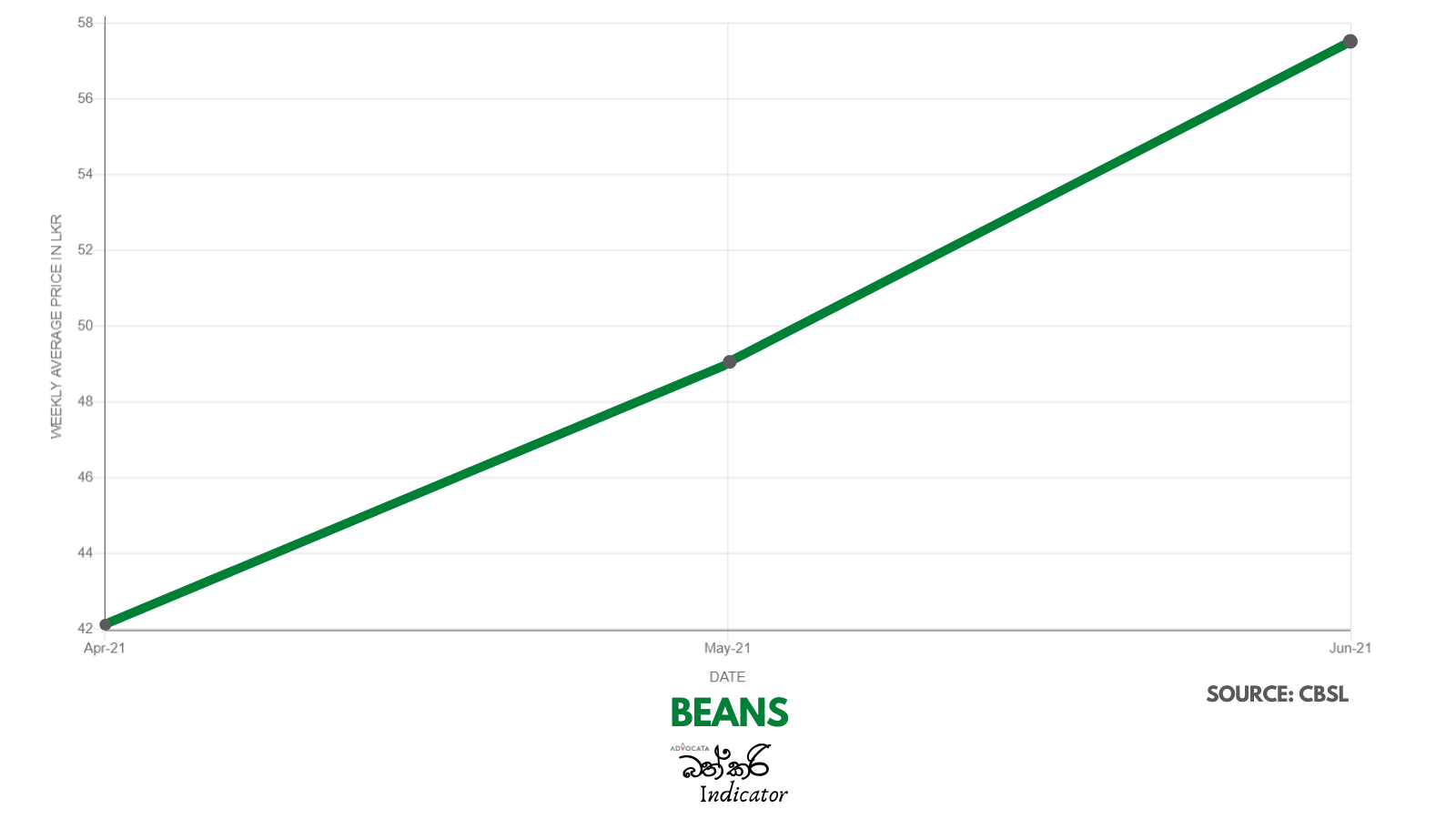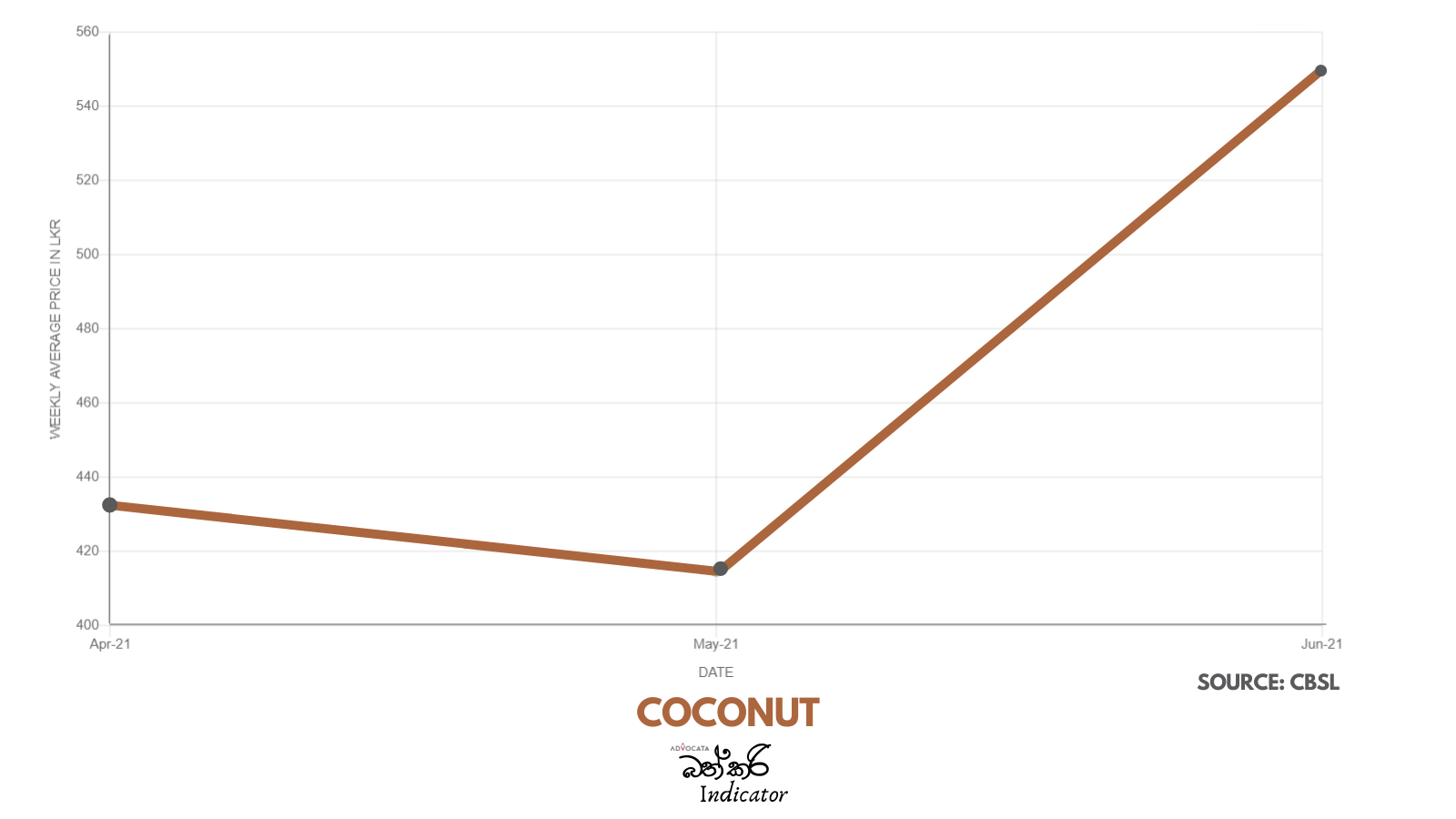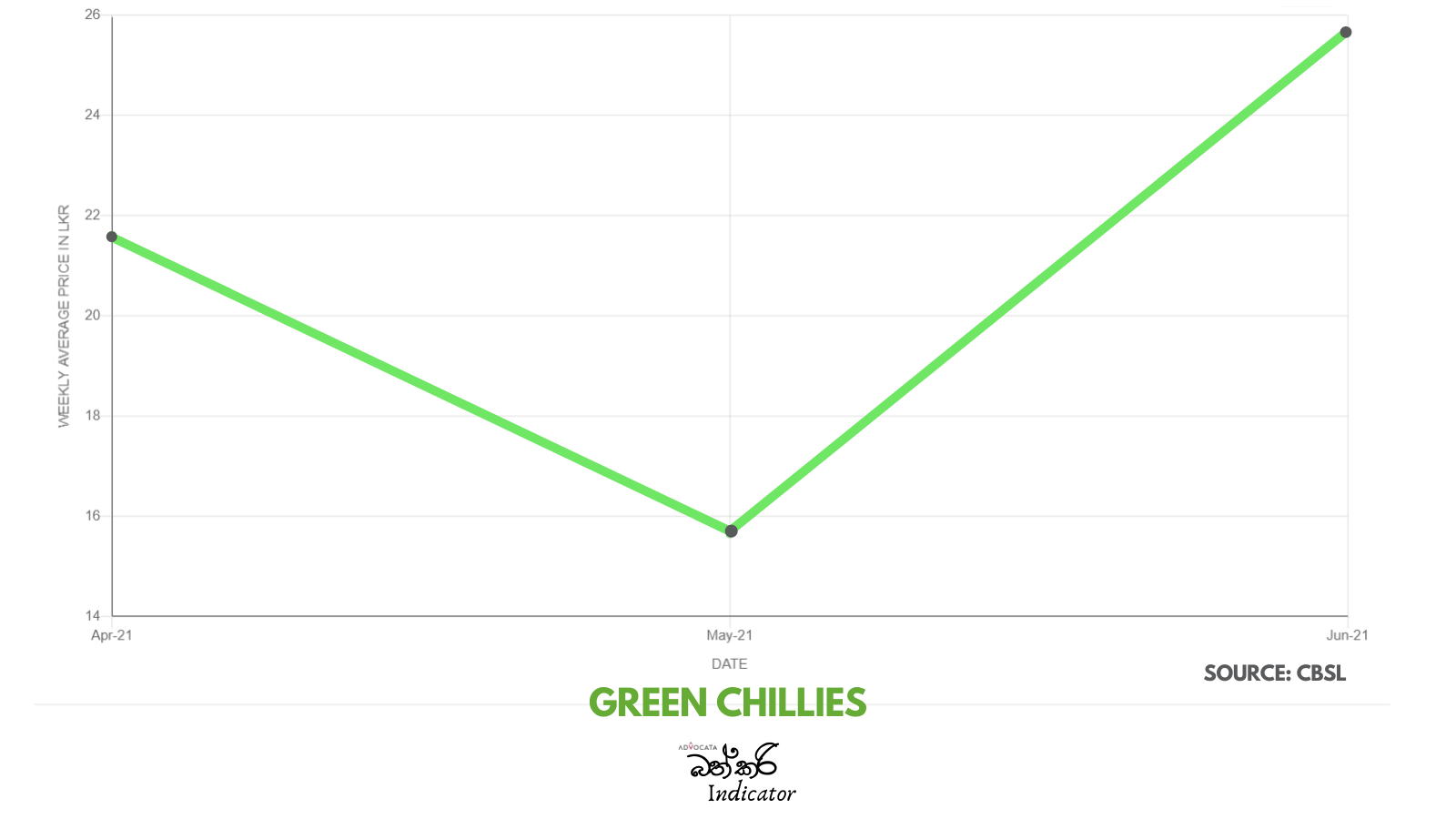Originally appeared in the Daily FT
Urges Govt. to consider similar targeted interventions over VAT exemptions on various goods and services
The Advocata Institute has applauded the recent policy action by the Government to provide a cash transfer of Rs. 6,000 to school children from vulnerable groups to assist them in purchasing school stationery for the upcoming 2025 academic year.
“This policy move reflects a thoughtful and impactful approach to addressing pressing social challenges without compromising Sri Lanka’s fiscal sustainability,” Advocata said in a statement.
The proposed cash transfer program through the Ministry of Education and the Welfare Benefits Board stands out as a more equitable alternative compared to measures such as reducing or exempting value-added tax (VAT) on school books and stationery. While VAT exemptions on education materials might seem appealing, they are not targeted and hence can disproportionately benefit high-income households. High-income households, with greater purchasing power are more likely to purchase larger quantities or more expensive educational materials, amplifying their benefit from such exemptions. In contrast, vulnerable groups, including low-income households, often prioritise essentials such as food, housing, and healthcare, leaving little capacity to purchase additional educational materials even with reduced tax rates.
Advocata said VAT exemptions or reductions, which lower the cost of selected items can also create distortionary effects on market prices by altering consumer behaviour. It can reduce demand for close substitutes that are not exempt, making it harder for businesses offering these alternatives to compete, creating inefficiencies in the market. Additionally, businesses may not always pass on the benefit of VAT removal to customers, choosing to keep the added margin to themselves. Targeted cash transfers, however, ensure that resources are allocated efficiently and directly to those who need them most, empowering vulnerable families to meet their specific educational needs without unintended market disruptions.
Advocata also opined that Sri Lanka’s economic crisis increased the cost of education material. A survey on the household impact of the economic crisis in 2023 conducted by the Department of Census and Statistics revealed that a large number of school children in rural and estate regions have faced significant setbacks in their education owing to the economic crisis, where 53.2% of affected children have reduced or stopped purchasing school stationary, while 26.1% have resorted to reusing old stationery. In light of this, the cash transfer to purchase education material will provide immediate relief to those struggling to meet their children’s immediate education needs, which can otherwise be a barrier to school attendance and performance.
Thus, it will help address socioeconomic disparities without disrupting the Government’s revenue flow to maintain essential public services, especially in light of the IMF’s stabilisation program’s requirements for the authorities to raise the tax to GDP ratio to 14% by 2026. Given that access to education is a fundamental right, the cash transfer will help ensure that no child is left behind due to financial difficulties.
With the exception of essential items like food, the Advocata Institute urges the Government to consider similar targeted interventions over VAT exemptions on various goods and services. Direct cash transfers effectively mitigate the regressive impact of VAT by directing assistance to those most in need, allowing them the flexibility to allocate funds according to their specific circumstances and priorities.






